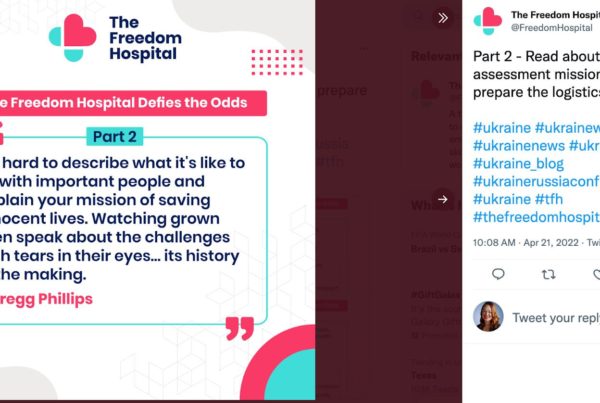Republican Commissioners Jack Cagle and Tom Ramsey boycotted Harris County Commissioners Court for weeks this past fall to force the Democratic majority to adopt a smaller budget and lower tax rates. Both at the time and since, Ramsey and Cagle have argued that their actions collectively saved county taxpayers more than a quarter of a billion dollars. What those savings amount to per taxpayer, and whether the savings are worth the effects on county services, are another question.
The Democratic majority on commissioners court initially proposed a budget for Fiscal Year 2023 of $2.24 billion. As a result of the Republican commissioners’ boycott, the Democrats were forced to adopt a reduced budget of $2.13 billion — a difference of $110 million.
State Senator Paul Bettencourt has made a career out of trying to lower people’s property taxes. Shortly before Christmas, he gathered several local leaders in his West Houston office to announce that the average Harris County property tax bill would be lower for 2022 than the year before.
“While it’s a net difference of $50, it’s the first time that since I was elected a tax assessor in 1998 that we’ve ever seen this,” Bettencourt said, citing figures produced by the Texas Taxpayers and Research Association. “It’s really astonishing good news for taxpayers because taxpayers are used to having bills that just climb and go to the moon. But this year they’re not.”














